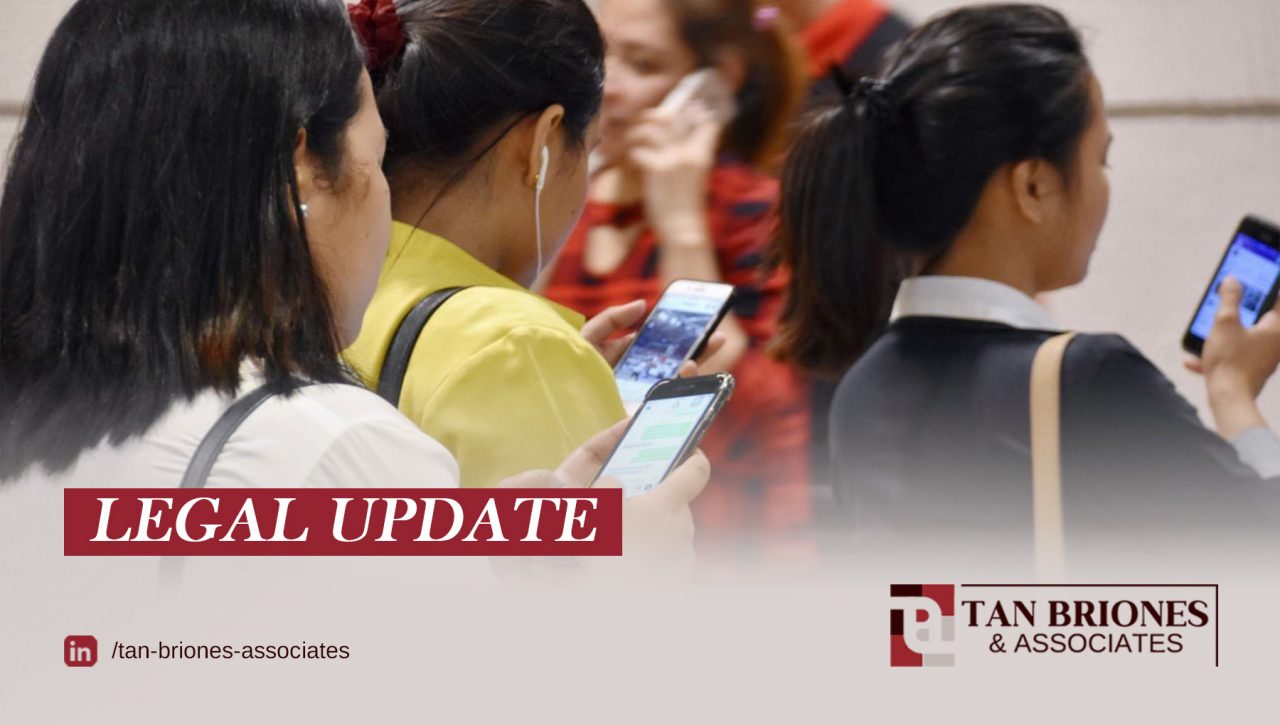
The Supreme Court (SC) Second Division reiterated that online chats or messages may be used as evidence in criminal cases.
In a decision penned by Associate Justice Mario Lopez in the case of People of the Philippines v. Eul Vincent Rodriguez, the SC affirmed Rodriguez’s conviction for qualified trafficking in persons under Republic Act No. 9208, the Anti-Trafficking in Persons Act of 2003, for his involvement in human trafficking on online platforms.
FACTS AND ISSUE
The case dates back to when the United States Immigration and Customs Enforcement (US ICE) alerted Police Senior Inspector Maria Macatangay about Rodriguez’s activities in human trafficking.
In response, Macatangay directed Police Officer 3 Jerry Gambi to verify the information. Gambi created a fake Facebook account, searched for Rodriguez, sent him a friend request, and initiated communication.
Rodriguez accepted Gambi’s friend request, and they began communicating. He then directed Gambi to chat with the account “sofia.negra” on Skype, where he, using the same account, requested monetary help and offered a nude show involving three girls in exchange.
Gambi told Rodriguez that he was a businessman residing in Guam but could send the money through a friend. They sent P1,000 to Rodriguez, but he refused to present the nude show, claiming that the police were “very hot” about nude shows involving minors.
Rodriguez, using a different name on Skype, messaged Gambi again and offered a nude show for USD 50. The police officer sent the money, but Rodriguez refused to perform the show, claiming he was at an internet cafe.
A few days later, using the account “sofia.negra,” Rodriguez contacted Gambi again and presented a nude show featuring two minors, aged 16 and 17, now under a different name—“cassandra.labajo.”
Gambi stopped the show and explained that he needed to go to work. He then reported the surveillance to PSI Macatangay, who instructed him to prepare an entrapment operation against Rodriguez.
For the entrapment operation, Gambi messaged Rodriguez, mentioning that he had a foreign friend. Rodriguez then offered to meet with Kyle Edwards and bring AAA263603, also known as “Tosip,” to perform a nude show in person. He also suggested that Gambi’s friend could have sex with both him and AAA263603.
The entrapment operation was carried out, and authorities recovered marked money, a bag, a camera, a sex toy, a cellphone, SIM cards, and various money transfer receipts from Rodriguez.
The Regional Trial Court (RTC) found Rodriguez guilty of qualified human trafficking. He appealed the decision to the Court of Appeals (CA), but his appeal was denied, and the RTC conviction was upheld.
Rodriguez contended that the prosecution could not rely on the chat logs and videos between him and Gambi, arguing that these were inadmissible as they violated the Constitution and Republic Act No. 4200.
The main issue in the case was whether the chat logs could be admitted as evidence in criminal proceedings.
RULING
In its ruling, the SC adopted the factual findings of the RTC, as affirmed by the CA.
“We stress that factual findings of the trial court, including its assessment of the credibility of witnesses, and the probative weight of their testimonies, as well as of the documentary evidence, are accorded great weight and respect, especially when the same are affirmed by the CA,” the decision read.
The SC ruled that the chat logs and videos were admissible as evidence and did not violate Rodriguez’s right to privacy.
“We reject Rodriguez’s contentions that the recorded chat logs and videos are inadmissible in evidence for violation of his right to privacy. Republic Act No. 10173, also known as the Data Privacy Act of 2012, allows the processing of sensitive personal information when it relates to the determination of criminal liability of a data subject and when necessary for the protection of lawful rights and interests of persons in court proceedings,” it furthered.
Follow Tan Briones & Associates on LinkedIn for more legal updates and law-related articles.







